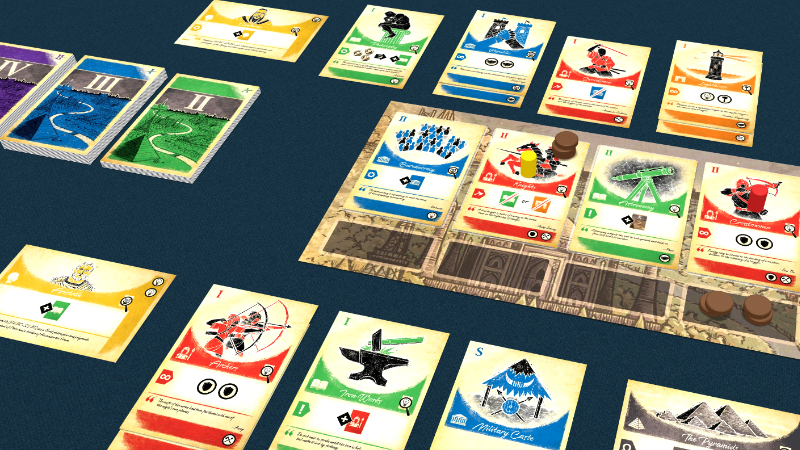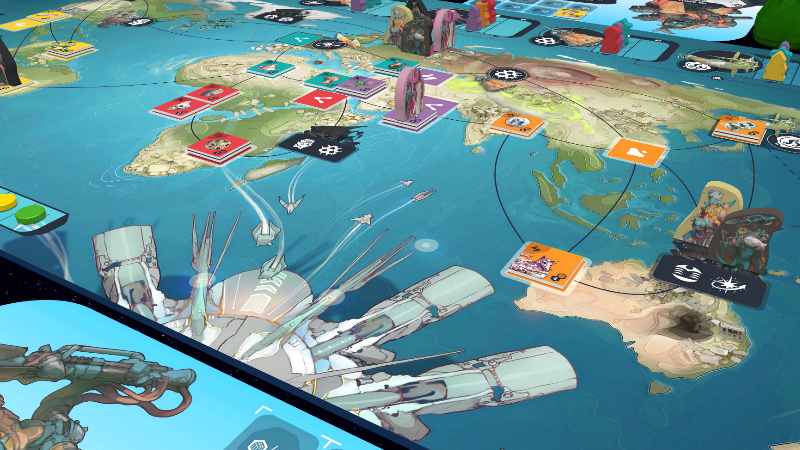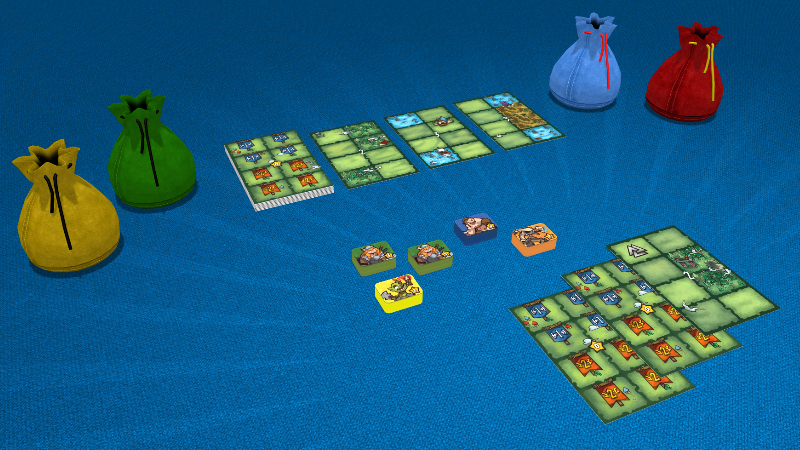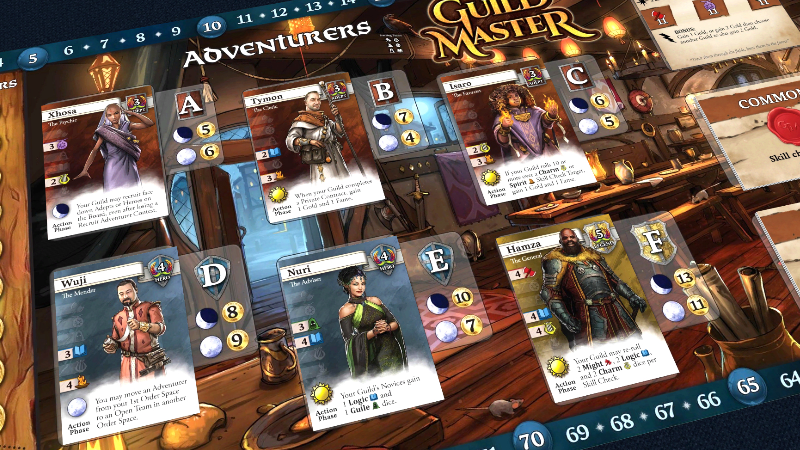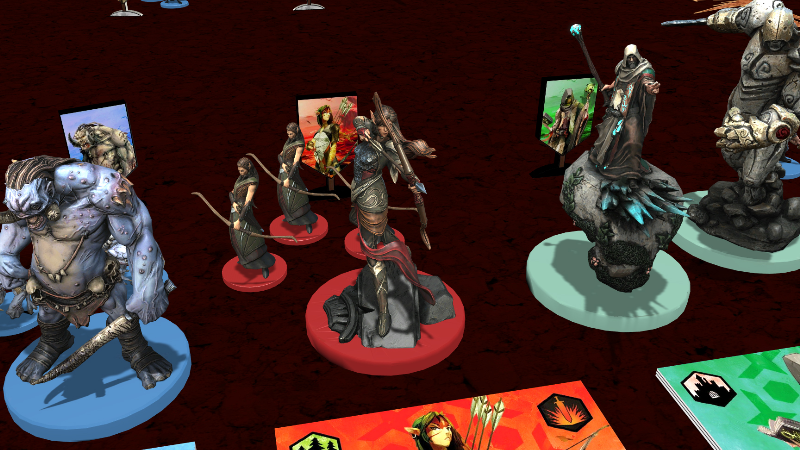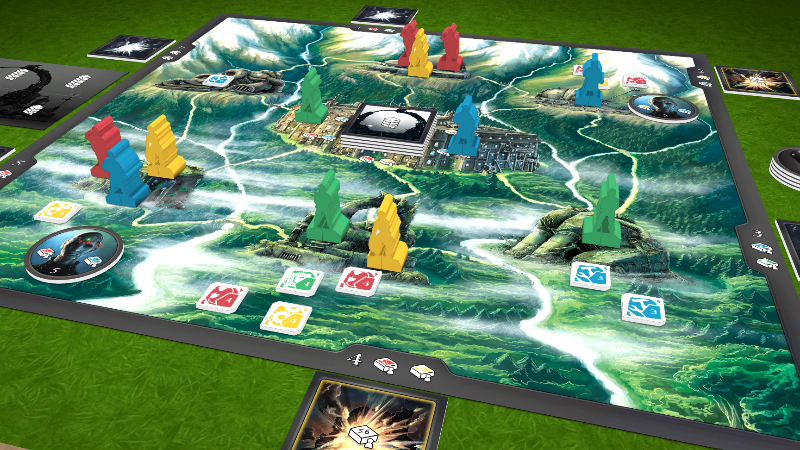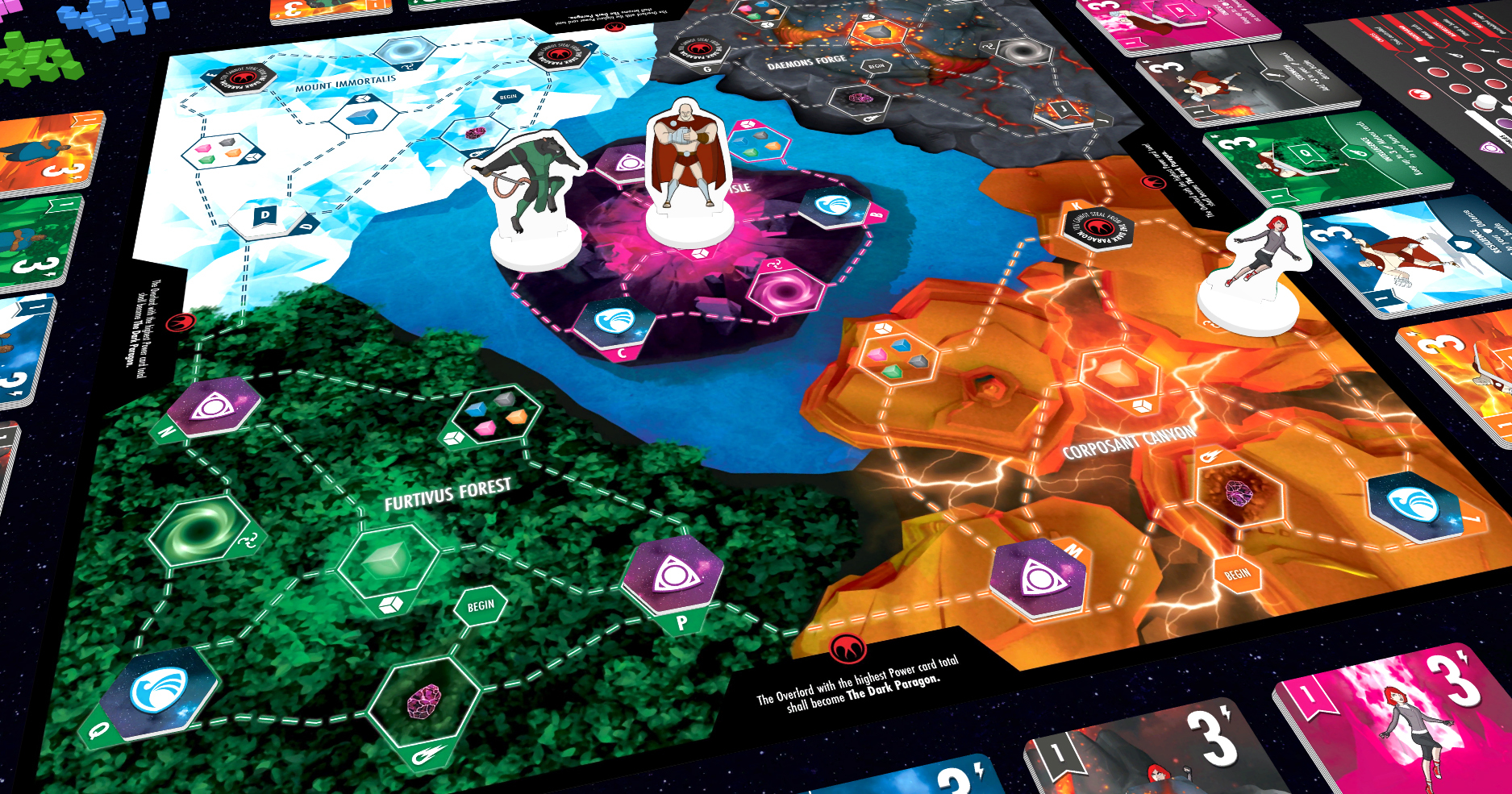
Apr 25, 2020
Tabletopia - markh110
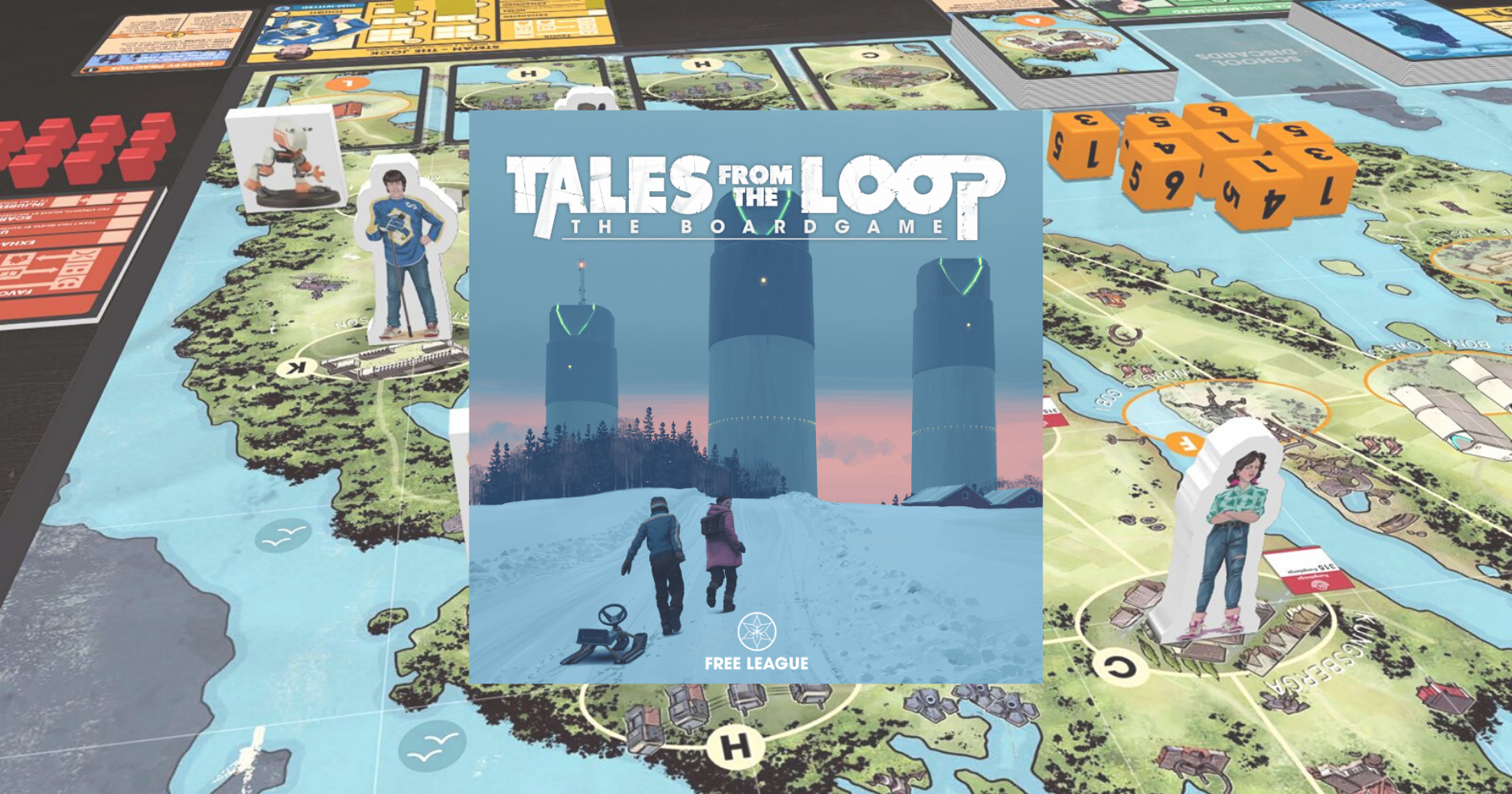
The landscape was full of machines and scrap metal connected to the facility in one way or another. Always present on the horizon were the colossal cooling towers of the Bona Reactor, with their green obstruction lights.
If you put your ear to the ground, you could hear the heartbeat of the Loop – the purring of the Gravitron, the central piece of engineering magic that was the focus of the Loop’s experiments.
This is Tales From The Loop - a cooperative board game for 1-5 players. Take the roles of local kids and investigate whatever phenomena that threaten the islands (or perhaps just the local video store), and hopefully stop them.
Each day starts at school, but as soon as the bell rings you can use whatever time you have before dinner and homework to go exploring! Player actions are integrated, meaning there’s no downtime as you wait for others taking their turn. It also makes cooperating with your fellow players dynamic as you can react to things that happen in a turn and don’t have to plan it all out from the start.
Based on the award-winning artwork by Simon Stålenhag, this game is now live on Kickstarter, but you can play the first scenario right now on Tabletopia!

Art by Simon Stålenhag




